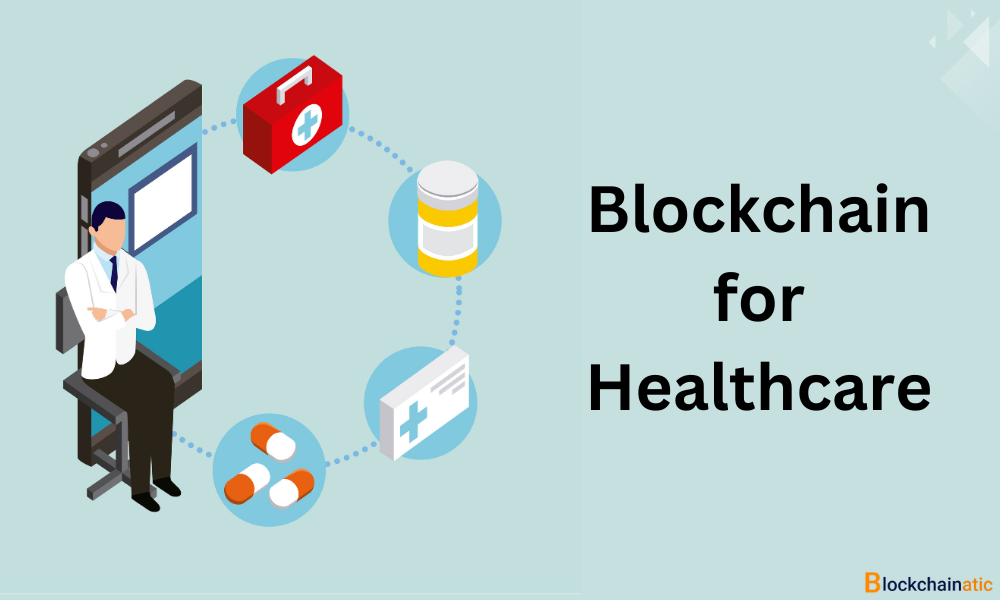Improve the effectiveness and integrity of medical services. Use blockchain to secure patient rights over their data, preserve privacy, and make data interchange simpler and more effective. Create a better healthcare system that is managed by blockchain-based networks to get rid of fraud and expensive medical procedures.
As of 2021, more than 57% of healthcare systems experienced data thefts. So, by utilizing Blockchain development in healthcare processes, it is possible to redefine the entire healthcare system.
Blockchain is a decentralized technology that can help with securing patient health records and data, manage the medicine supply chain, provide professional accurate data, and much more. With the ability to disrupt the current healthcare system blockchain certainly offers a huge potential to the system.
Blockchain Technology for Healthcare
The patient will be at the heart of the healthcare ecosystem thanks to blockchain technology, which will also improve the security, privacy, and interoperability of health data. By improving the effectiveness, disintermediation, and security of electronic medical records, this technology may offer a new paradigm for Health Information Exchanges (HIE). When used in the healthcare industry, blockchain technology improves data interchange integrity, consent management, real-time data sharing, record keeping, and data accuracy. The actual potential of interoperability might be unlocked through a health information exchange driven by blockchain technology. Systems built on blockchain technology can do away with present intermediaries and their associated expenses. Blockchain’s potential has wide-ranging effects on all parties involved in the healthcare ecosystem. Utilizing this technology provides the ability to connect disjointed systems, produce insights, and improve the evaluation of care’s worth. A blockchain network for electronic medical records could, in the long run, increase productivity and boost patient health outcomes.Why Blockchain for Healthcare?
The usage of blockchain in healthcare extends beyond controlling the pharmaceutical supply chain and protecting patient data. Verifying the provenance of medical goods to validate their validity is a significant concern for the healthcare sector as well as many other industries. Customers can have complete visibility and transparency of the products they are buying thanks to the use of a blockchain-based system to trace items from the moment of manufacture and at each stage through the supply chain.-
Data Security
-
Transparency
-
Interoperable Data
-
Traceability
-
Claim Arbitration
Blockchain Development for Healthcare Services
The products and services are focused on meeting your healthcare needs. Moreover it must work in an extraordinary way that ensures that the clients will not only survive in this competitive industry but also prosper there.-
Patients Data Access and Management
-
Tracking Drug Supply Chain
-
Claims and Managing Payments
-
Health Record Management
-
Healthcare Insurance Management
-
Distributing Vaccines over Blockchain
Process for Blockchain for Healthcare Development
-
Requirement Assessment
-
Design and Development
-
Compliance and Integration
-
Testing and Deployment

